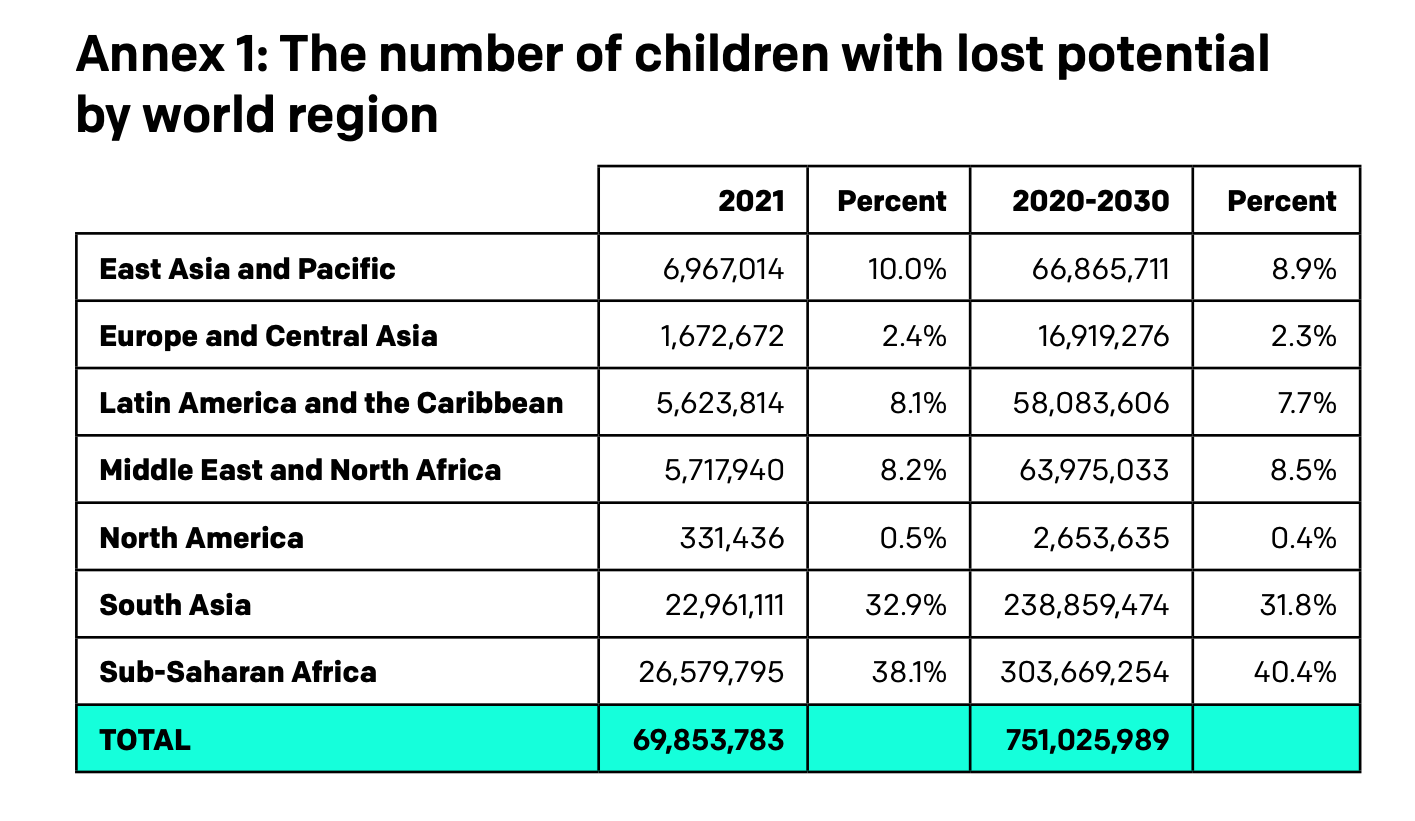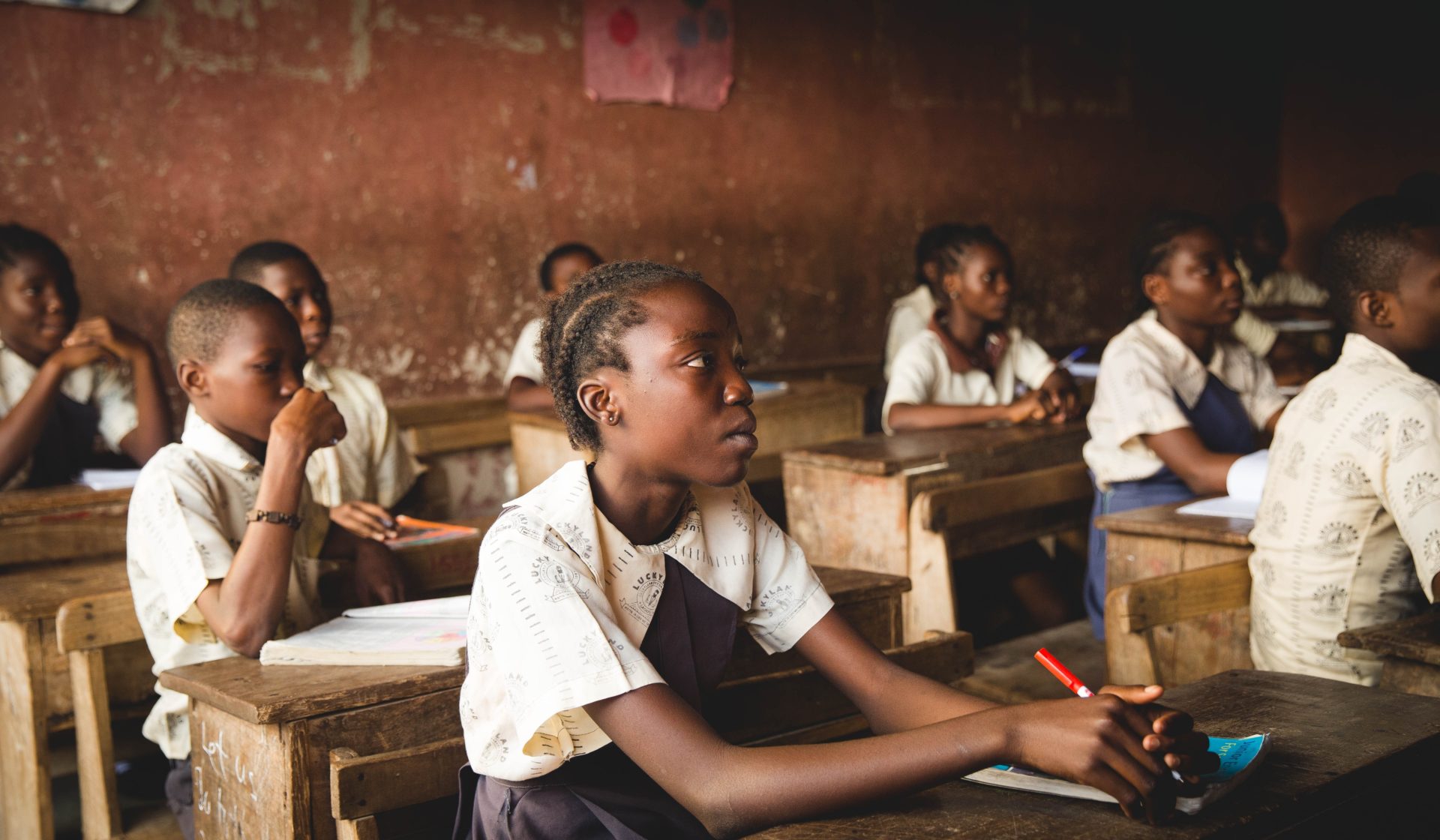Covid-19 has contributed to 17% of the total number of 10-year-olds falling victim to the global learning crisis, as education inequality worsens.
According to new analysis released by anti-poverty group One Campaign, 11.5 million of the world’s 10-year-olds could be unable to read by the end of 2021.
This was initially uncovered by UN population data, which found that more than half of all children across the globe will reach their milestone birthdays incapable of completing a simple sentence.
It comes as a direct result of the pandemic whereby a staggering 1.6 billion children and young people have been out of education for almost a year since schools and other institutions were forced to close to contain the spread of the virus last March. At its peak, 94% of pupils were out of education.
And, despite the rise in remote learning and online classes, a significant majority of those living in the 188 countries heavily disrupted by Covid-19 – primarily in poorer regions and rural areas – have been without access to the technology and infrastructure required to take part. Nearly 500 million, to be exact.

One Campaign, which studied the figures, says 40% of those most at risk of losing out are from Asia and sub-Saharan Africa, and that girls are being most seriously affected.
‘Before the pandemic struck, two thirds of the world’s population who couldn’t read or write were female,’ says MP and special envoy Helen Grant. ‘Today, girls’ education is an even more urgent priority.’
At present, 20 million of them are not expected to return to school, even when the education system returns to full functionality, which will lead to a ‘lost generation of female students.’
This has the potential to be catastrophic for their futures because, with just one additional year of school, a woman’s earnings can increase by a fifth.
Discussing Girl's Education feels like painting a future born from all these efforts we put in today.
Speaking with @HelenGrantMP and other global youth leaders from @GPforEducation made my week.@UNGEI we won't stop until Education is Transformed pic.twitter.com/AUaQfuzVdg
— Maryjacob Okwuosa (@Okwuosamj) March 9, 2021





















